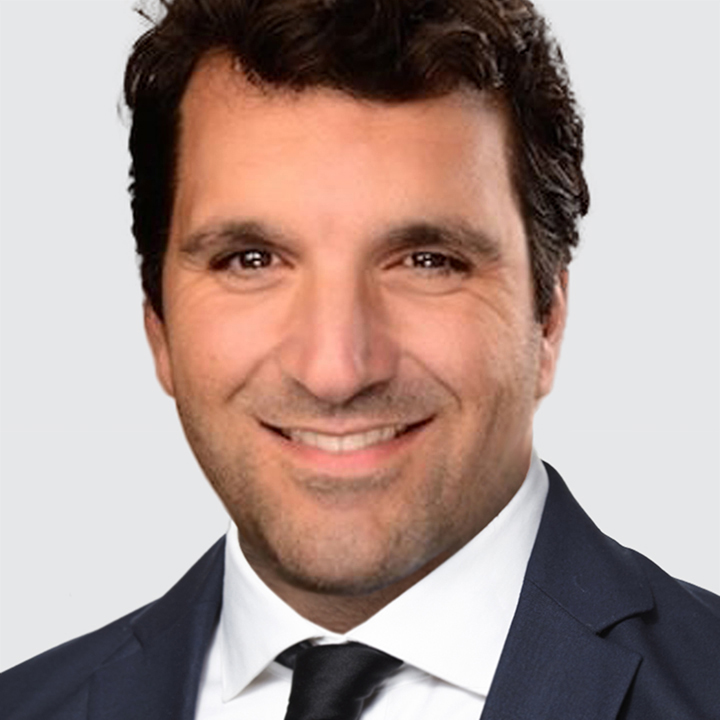US
Cyclical sensitive currencies are outperforming while global equity markets are rallying on encouraging trade developments. The US reached trade agreements with Malaysia and Cambodia and agreed on reciprocal trade frameworks with Thailand and Vietnam. The US and Brazil are also on track to repair trade ties. Importantly, top trade negotiators for the US and China reached a preliminary framework for a trade agreement ahead of Thursday’s meeting between President Donald Trump and President Xi Jinping.
A busy week of central bank decisions could stir some volatility, but not enough to shake USD off its range that’s held since June. Check-out our Drivers for the Week for all the details. Over the next three to six months, our base case remains for USD to edge lower undermined by a downward adjustment to US rate expectations and US protectionist trade policy.
Treasury Secretary Scott Bessent announced the five finalists for the next Fed chair: Kevin Hassett (Director of the National Economic Council), Kevin Warsh (former Fed Governor), Fed Governor Christopher Waller, Fed Governor Michelle Bowman, and Rick Reider (fixed-income chief at BlackRock). All five have argued for looser policy settings. President Trump plans to announce his pick by year-end.
EUROZONE
EUR/USD is range-bound around 1.1630. Germany’s IFO business expectation index improves more than expected in October to 91.6 (consensus: 90.0) vs. 89.8 in September indicative of an ongoing recovery in Eurozone economic activity. Bottom line: the bar for more ECB easing is high, which is EUR supportive.
On Friday, Moody’s Ratings cut France’s credit outlook to negative due to the nation’s political instability while retaining its Aa3 rating. As if on cue, French lawmakers delayed to later this week a vote on a Socialist proposal for a wealth tax. Socialist party leader Olivier Faure warned he would seek to topple the government if their tax demands are not met. This is largely political brinkmanship. Ultimately, France’s parliament will pass the 2026 budget, as the Socialists cannot risk fresh election while polling poorly.
AUSTRALIA
AUD is outperforming all major currencies on favorable US-China trade developments and hawkish comments by RBA Governor Michele Bullock. Bullock stressed that Australia is in “pretty good” position on jobs and inflation, adding the RBA policy rate might not come down as far as that of other central banks. Cash rate futures trimmed RBA November 4 rate cut in half to 25%.
ARGENTINA
Argentina’s libertarian President Javier Milei’s party (LLA) wins big in Sunday’s midterm election. LLA won more than 40% of votes for the lower house and more than 42% of votes for the senate. LLA’s strong showing gives Milei political capital to power forward with free market reforms (deregulation, austerity, and reduced trade barriers) aimed at tackling Argentina’s high inflation and crippling debt.
Ahead of the mid-term election, the US Treasury intervened in Argentina to stabilize markets through dollar support and direct peso purchases to back the country’s currency peg. That gambit will surely pay off as Milei’s political win will attract capital inflows and support a firmer peso.

